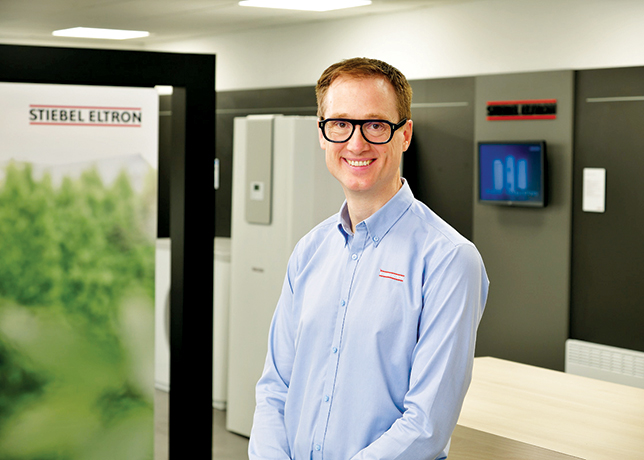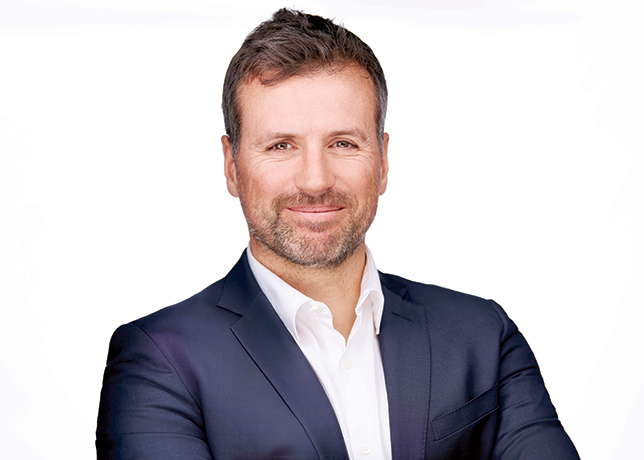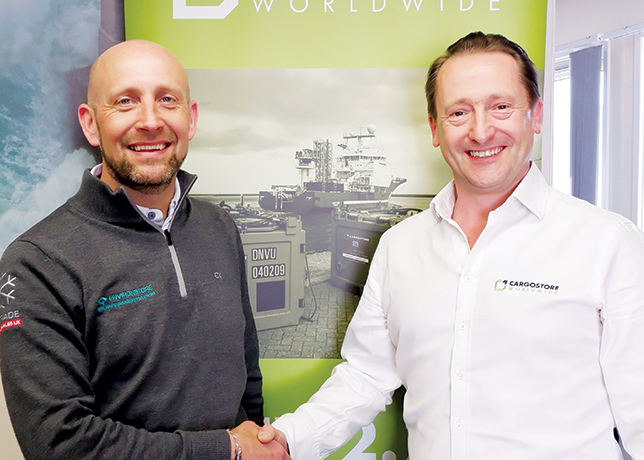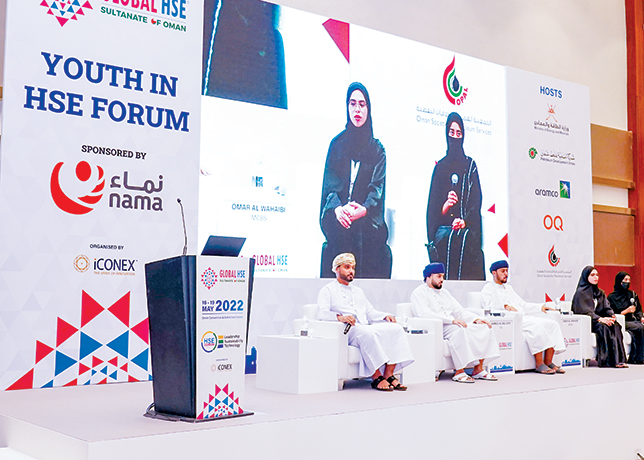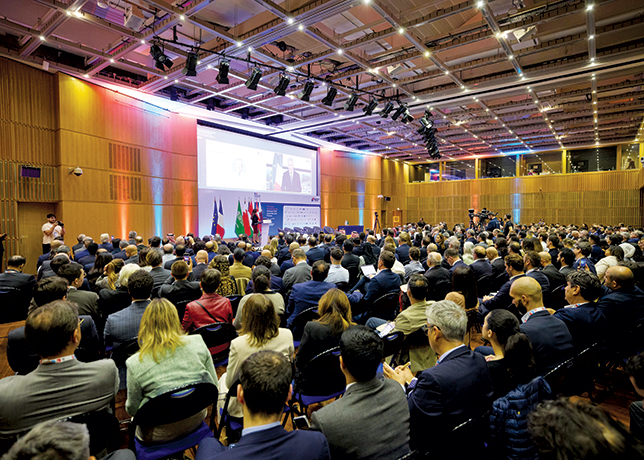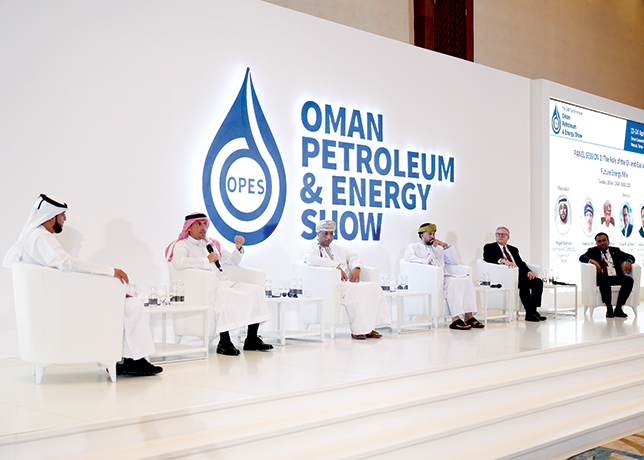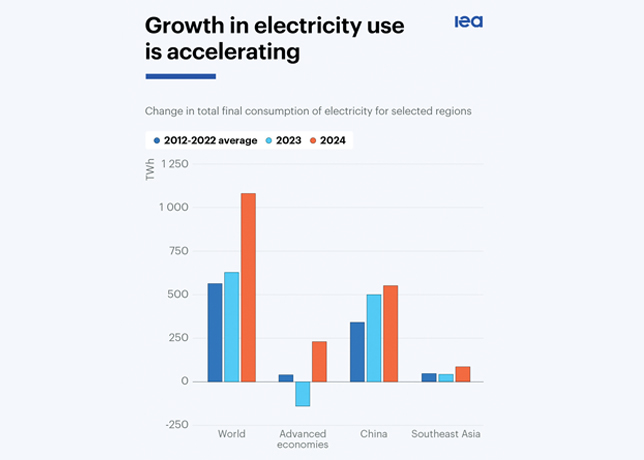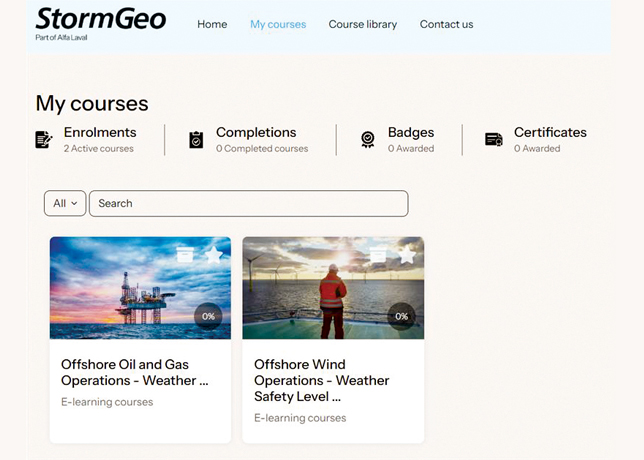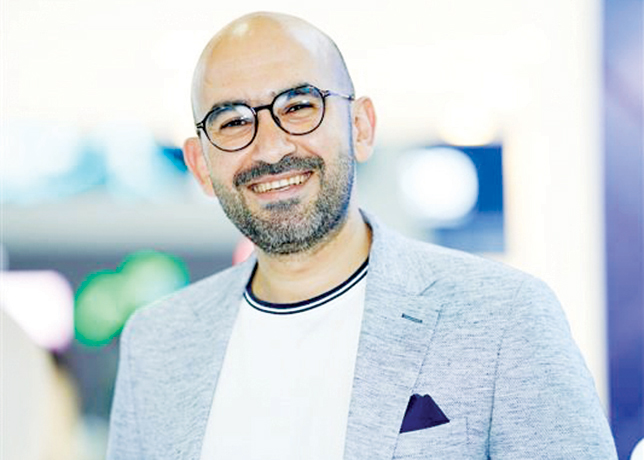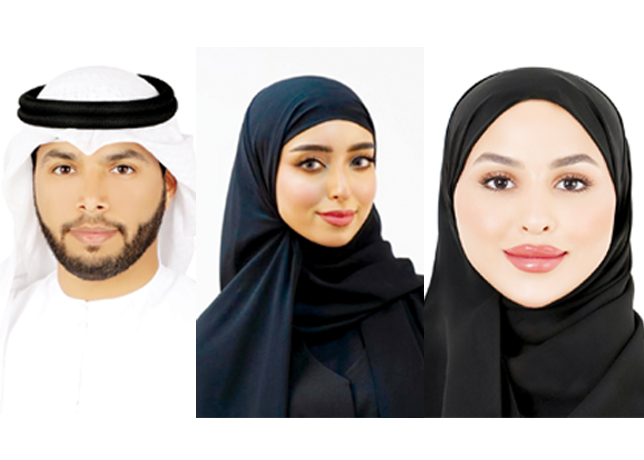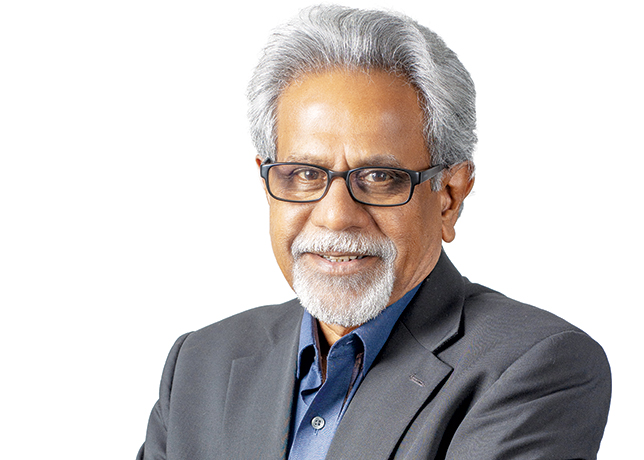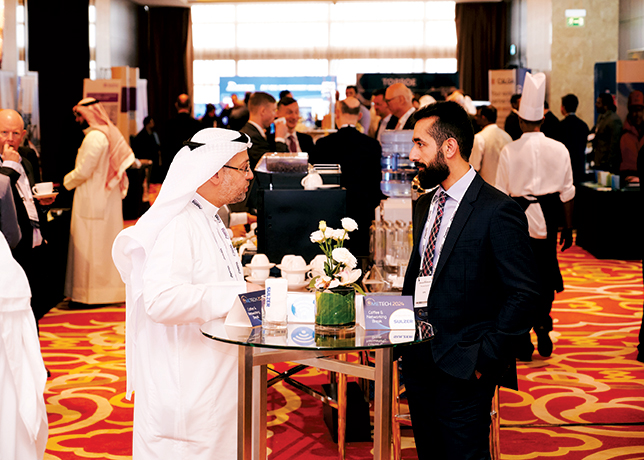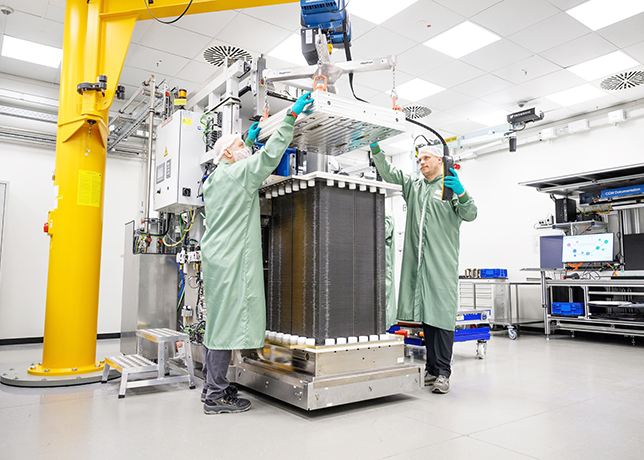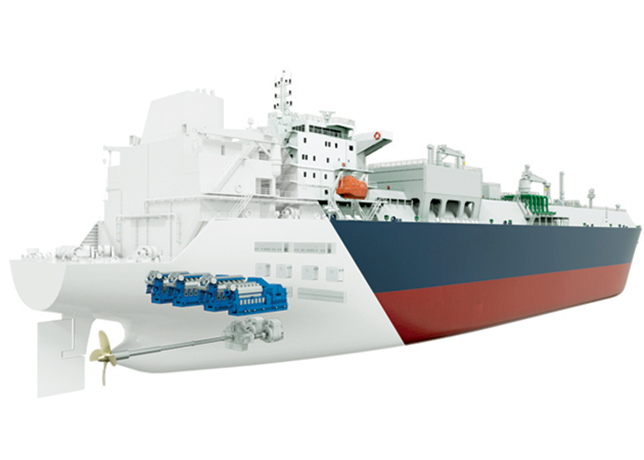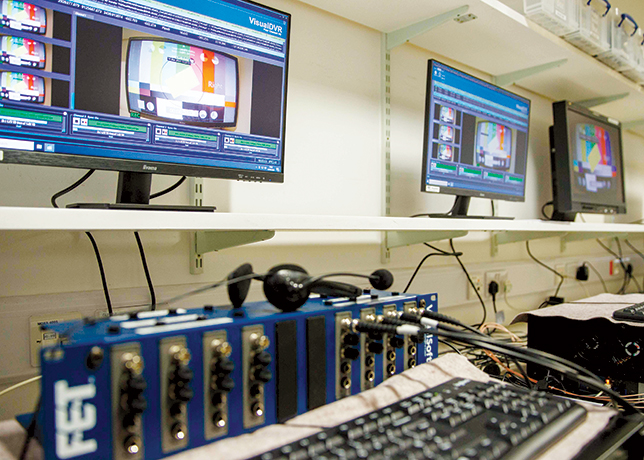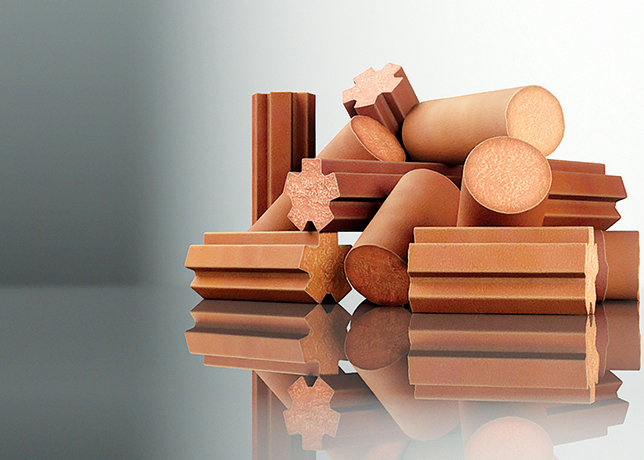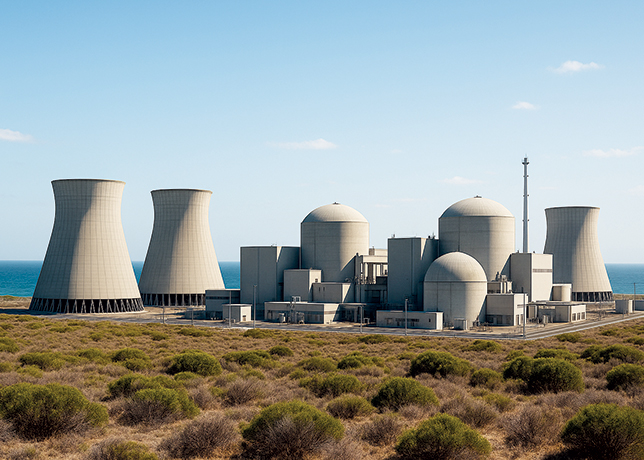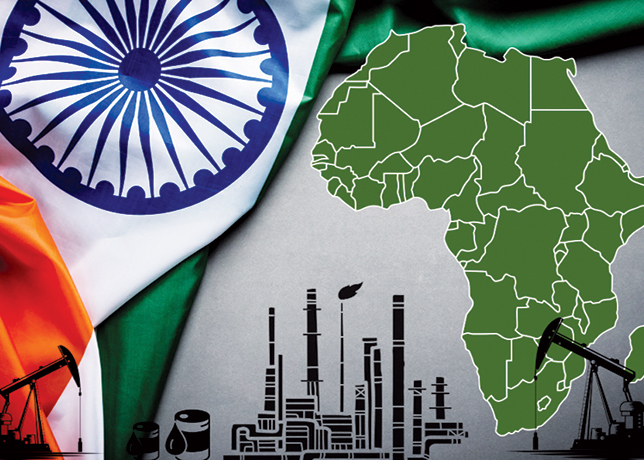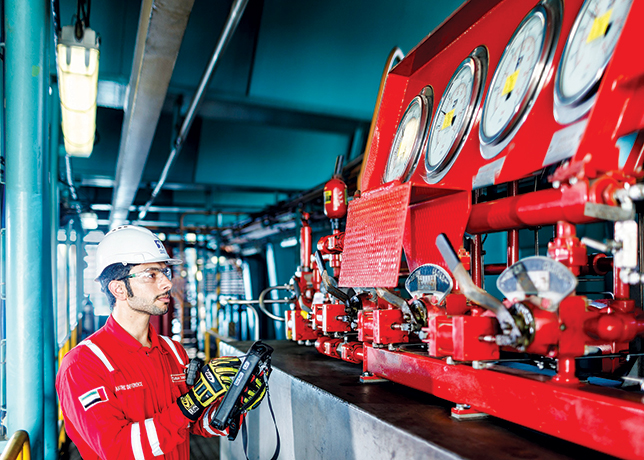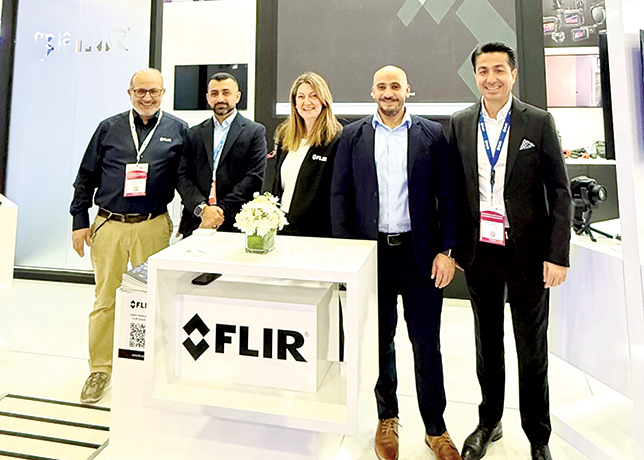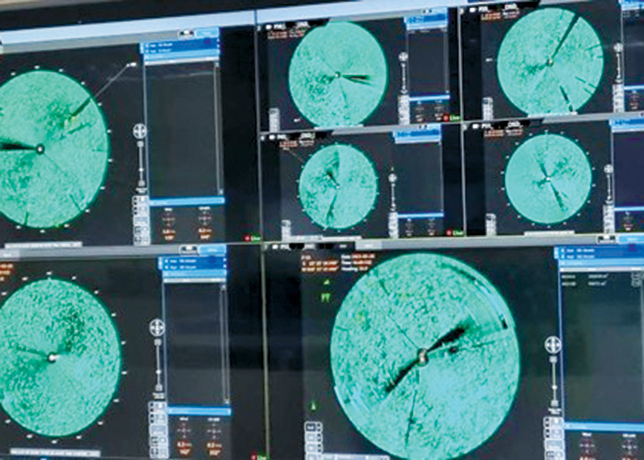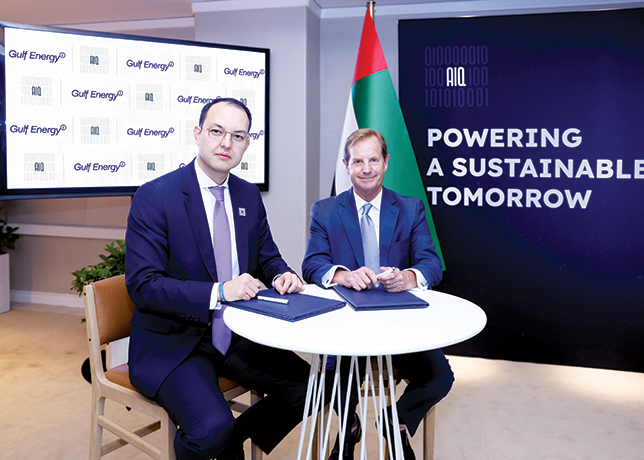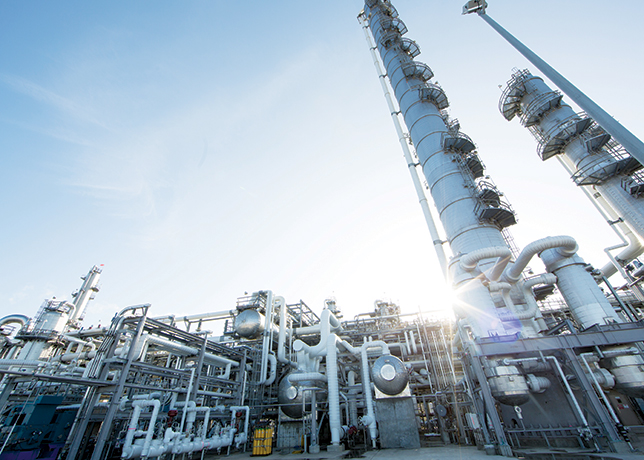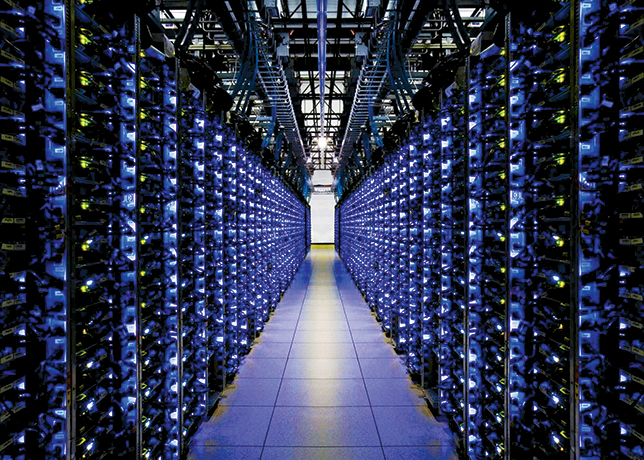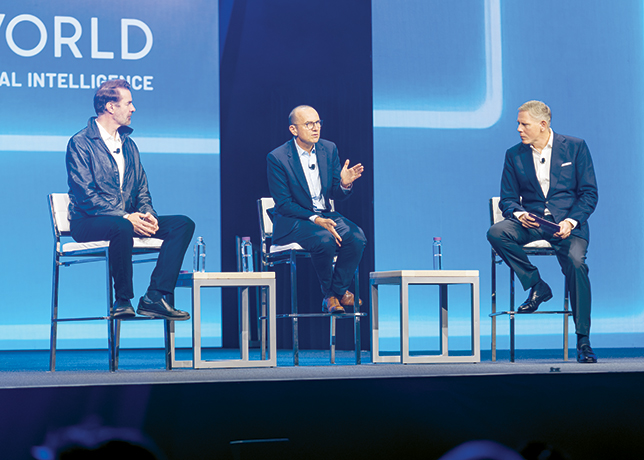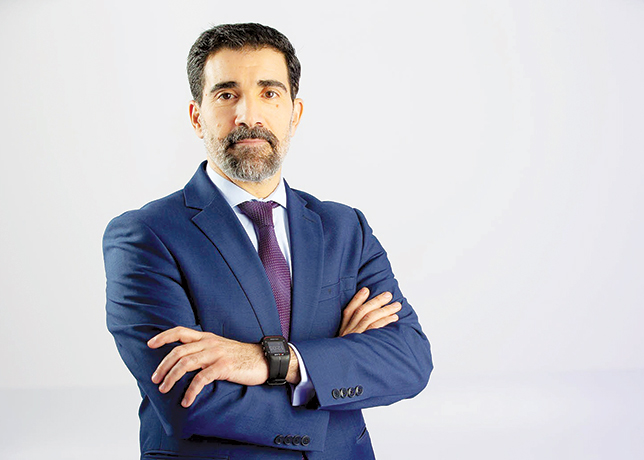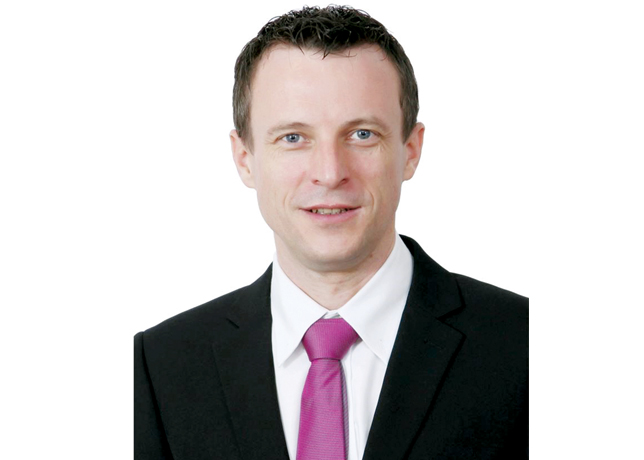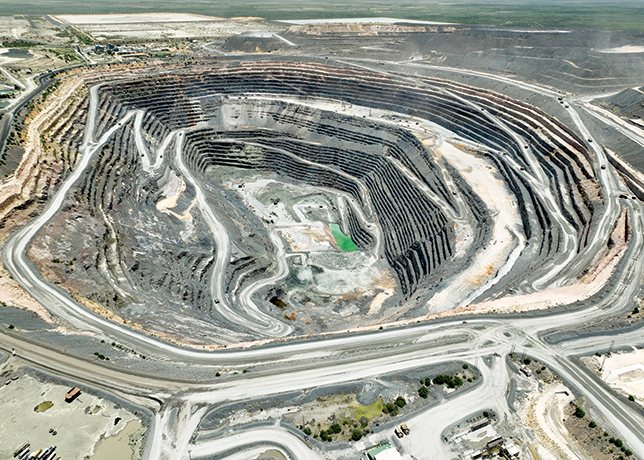

The Royal Commission for Jubail and Yanbu made a conscious decision to balance industrial development with environmental protection.
Based on the results of the studies that took place before the inception of the city, an environmental programme was developed. The basis of environmental protection in Jubail is the Environmental Monitoring and Control Program which Royal Commission launched much before the establishment of the city.
If pollution is not controlled, it will not be possible to develop industry without damaging the environment or the health of the population.
Implementation of advanced technologies and use of the best techniques to control pollution made industrialisation, protection of the environment and building a healthy city possible.
As the result of the Royal Commission efforts in the protection of the environment, three awards were received: the Sasakawa Award from the United Nations, the Award from the Regional Organization for the Protection of the Marine Environment and from the Arab Cities Organization.
To ensure a sustainable balance between industry and environment and to protect the health of residents, the Royal Commission made the protection of environment one of its major priorities and concerns.
The RC Environmental Control Department, staffed with specialised people and equipped with latest tools, has taken the responsibility for achieving the goal of protecting the environment in Jubail Industrial City.
Royal Commission Environmental Regulation
Right from the early stages of the establishment of Jubail Industrial City, the Royal Commission set general guidelines and rules for protecting the environment in the city, first, by conducting an Environmental Impact Assessment to identify the nature of the area and assess the potential impacts of the industrial development.
Based on this assessment, criteria for establishing the city was developed. The Royal Commission Environmental Guidelines were published in 1986, and were updated in 1988.
In 1996, the Royal Commission drafted the Royal Commission Environmental Regulations to replace the guidelines, enforcing the implementations of environmental standards and regulations.
These regulations were reviewed by many governmental agencies as well as by the private sector and were enforced in September, 1999.
In 2003, the Royal Commission started merging the environmental regulations for both Jubail and Yanbu, and updated the regulations as industries grew and cities developed. These regulations were approved in March 2005.
The Royal Commission Environmental Regulation consists of eight chapters adopting standards of the Presidency of Meteorology and Environment (PME) as well as international standards, like the United States Environmental Protection Agency (USEPA) and European Standards (EC).
Environmental Monitoring Programme
The Environmental Monitoring Programme is one of the most important programmes the Royal Commission is conducting in Jubail Industrial City.
The Royal Commission has developed a comprehensive environmental monitoring programme that encompasses: air quality and meteorology; water quality; solid and industrial waste management; environmental surveillance, noise and wild life as follows:
Air Quality & Meteorology
The Royal Commission operates seven fixed monitoring stations and two mobile stations in Jubail to monitor meteorology and air quality, and make sure that the air quality is in compliance with the Royal Commission Environmental Regulation.
These stations have been carefully placed around the city to provide a comprehensive and true picture of the air quality and meteorological conditions. Each station can measure up to 30 compounds.
Data from the stations are transmitted wirelessly every five minutes - 24 hours a day to a central computer and analysed and checked by a team of specialists.
Water Quality Monitoring
Presently, the Royal Commission routinely monitors water quality in the Gulf adjacent to the city, seawater cooling system, groundwater and wastewater from industrial facilities.
Gulf Water
Thirteen water quality monitoring stations have been established by the Royal Commission to give comprehensive picture of water quality.
These stations allow the measurement of water quality changes near the coast and offshore.
Routine monitoring gives an early indication of long-term trends, allowing action to be taken to prevent damages if there is a need.
At each of the water quality monitoring stations, an electronic probe is used to determine several water quality parameters, including temperature, salinity, dissolved oxygen, and pH. Samples from several depths are also collected for more comprehensive analysis.
At the Royal Commission Environmental Laboratory, samples are analysed for physical and chemical parameters including heavy metals and organic compounds. Results are then entered into a computerised database and periodic reports are generated.
Seawater Cooling System
The Royal Commission performs routine monitoring of the once-through, non-contact seawater cooling system to enable continued compilation of baseline data for possible future determination of short term impacts on water quality.
Groundwater
The Royal Commission conducts a comprehensive groundwater monitoring programme to prevent degradation of natural groundwater quality, as the city grows.
Groundwater in the vicinity of industrial processes, waste management facilities, and storage tanks is closely monitored for early detection of contaminants.
Industrial Wastewater
Industrial wastewater is discharged to the central wastewater treatment facilities where is treated using the latest technology and used for irrigation. Wastewater quality is monitored for compliance with discharge standards.
The influent and effluent of the central wastewater treatment facilities are also monitored to ensure that only waste which can effectively be treated are received and treated.
Industrial Waste Management
The Royal Commission has implemented strict policies for the management of industrial waste (hazardous or non-hazardous wastes) generated by industrial facilities, plants and companies in Jubail Industrial City.
These policies aim at minimising impacts on the environment and provide safe and permanent disposal solution. Waste is being observed carefully from generation to safe disposal. Regular inspection by Royal Commission on industrial facilities and monitoring of waste storage handling, transportation and disposal methods is carried out to ensure that generators are following proper management policies.
Oil Spill Protection
In order to facilitate early detection of oil and chemical spills, and to protect recreational beaches and vital operations such as the cooling water canal and the intake to the desalination plant, the Royal Commission has established an oil spill monitoring programme.
The Royal Commission has also developed an emergency response plan for oil and chemical spills.
Wildlife
Important natural and man-made habitats (such as Sabkhat Al-Fasl) that support wildlife and migrating birds are also regularly monitored. These areas include mudflats, mangrove stand, wetlands and islands.
Regular inspections are carried out along the coast and hinterland desert to check for illegal activities and the unauthorised dumping.



